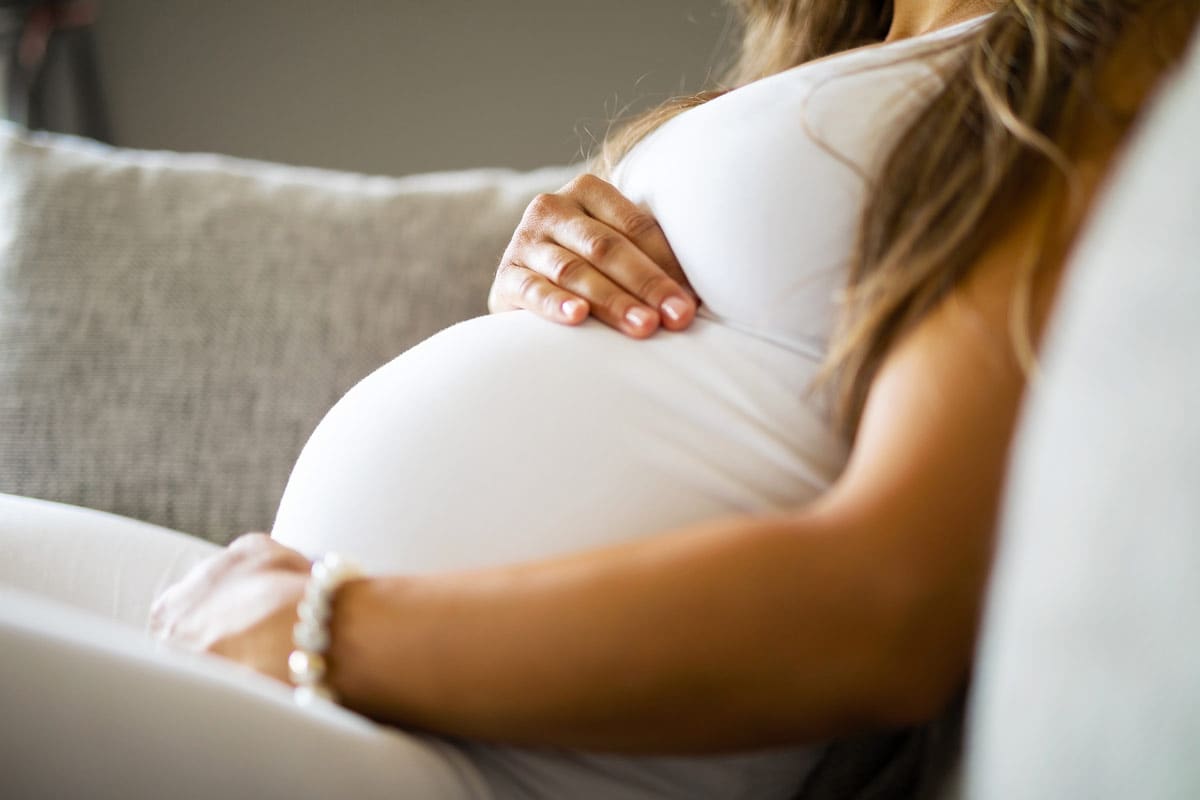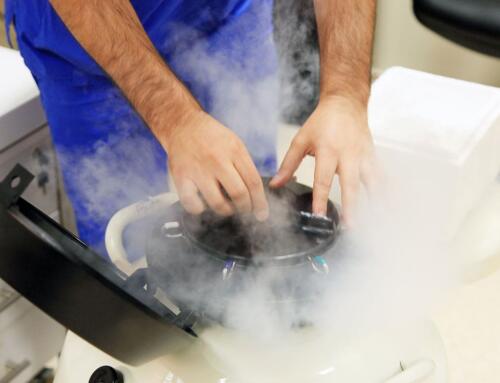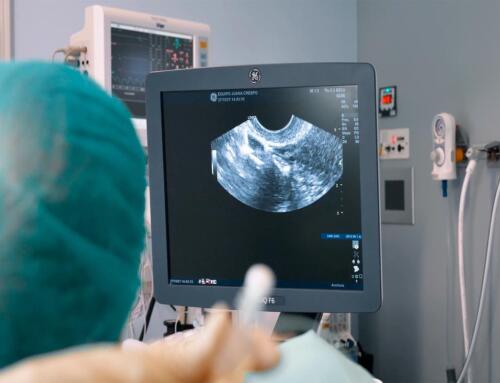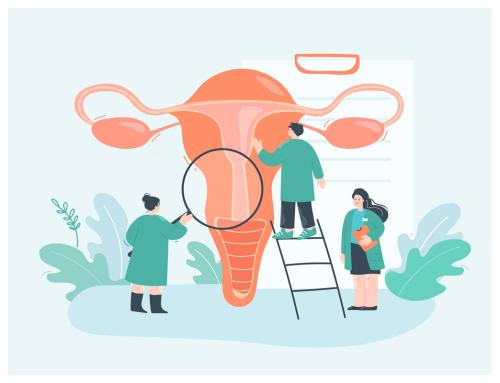Many patients inquire about the potential connection between any celiac disease and pregnancy, wondering whether this condition affects their fertility, or poses risks to the fetus if diagnosed.
Both pregnancy and the pursuit of it are significant stages in a woman’s life, with diet playing a fundamental role due to the nutritional demands of the process.
That’s why detecting or managing possible intolerances or allergies is key.
What is celiac disease and why it may affect fertility
Celiac disease, also known as gluten intolerance, is characterized by an inability to tolerate gluten, a protein found in grains like wheat, barley, and oats.
Designated as a “chronic disease” by the World Health Organization (WHO), it presents as an inflammatory response in the mucous membrane of the small intestine. This reaction occurs after the consumption of gluten-containing foods, leading to difficulties in digestion and nutrient absorption.
Symptoms of celiac disease include anemia, fatigue, joint pain, bone density loss, fatty liver, neuropathy, abdominal discomfort (such as pain, bloating, or gas), cramping, diarrhea, or indigestion.
But how is it possible that a seemingly digestive problem related to intestinal absorption can jeopardize a woman’s fertility?
Celiac disease affects 1-2% of the adult population and is more prevalent in women (with almost double the number of cases diagnosed in men).
Although the relationship between celiac disease and difficulty in achieving pregnancy is not fully understood, problems with nutrient absorption can lead to malnutrition, vitamin deficiencies, or weight loss. These issues can contribute to irregular menstrual cycles, amenorrhea, or even premature ovarian failure, all of which directly impact female fertility.
Furthermore, women with celiac disease often experience late menarche, reduced ovarian reserve, and early onset of menopause.
Undiagnosed celiac disease is also linked to a shorter period of fertility.
Does this mean I can’t get pregnant if I have celiac disease?
Women diagnosed with celiac disease are aware of their gluten intolerance and, by following an appropriate diet, should not experience difficulties in conceiving.
However, the problem arises from the frequent underdiagnosis of this condition, leading many women to be unaware of their celiac disease when attempting to conceive.
In such cases, gluten ingestion triggers the formation of antibodies that destroy the villi in the intestinal wall, hindering the proper absorption of vitamins and minerals such as iron, zinc, or vitamin B12, all of which are essential for regulating the menstrual cycle and allowing embryo implantation.
Furthermore, some women only realize they have celiac disease when experiencing difficulty conceiving or after experiencing repeated miscarriages. This confirms the potential link between certain nutritional deficiencies due to celiac disease and reproductive issues.
Could celiac disease impact IVF outcomes?
In essence, there appears to be no correlation between celiac disease and IVF success rates: women diagnosed with celiac disease who adhere to a gluten-free diet have similar chances of achieving success in assisted reproduction procedures as those without gluten intolerance.
The concern arises primarily with undiagnosed celiac disease or inadequate dietary management despite awareness of the intolerance.
Could celiac disease jeopardize pregnancy and fetal development?
In addition to posing challenges in conception, celiac disease can also negatively impact pregnancy development.
Undiagnosed celiac women face heightened risks of spontaneous abortion during the initial stages of pregnancy. This phenomenon occurs due to the immune response triggered by gluten interaction with the intestinal mucosa, hindering the embryo’s ability to implant in the uterine walls.
Furthermore, inadequate nutrient absorption prior to and during the early gestational months may result in deficiencies of essential elements like calcium, iron, and folic acid, thereby elevating the likelihood of neural tube defects and skeletal developmental issues in the infant.
Untreated celiac disease during pregnancy may also lead to additional complications such as premature delivery, low birth weight, or intrauterine growth restriction.
What are the dietary recommendations for pregnant women with celiac disease?
The only way to avoid the risks of celiac disease during pregnancy is to eliminate any foods containing gluten or traces of gluten from the diet.
Therefore, early detection and proper nutrition are crucial for a safe pregnancy. It’s essential to consult your doctor, and if the diagnosis is positive, follow their guidance regarding which foods to include and avoid.
In essence, a gluten-free diet typically does not impact fetal growth, development, or the composition of breast milk. Additionally, gluten is a protein that lacks nutritional value on its own and does not provide any essential nutrients for either you or the baby.
Maintaining a balanced diet, akin to any pregnant woman, is essential. Opt for gluten-free cereals like rice, corn, or buckwheat, and consider incorporating pseudocereals such as quinoa and legumes to ensure an ample supply of carbohydrates and high-quality proteins.
In general, specific monitoring or pharmacological interventions are not typically required during pregnancy for individuals with celiac disease. However, supplements like iron, calcium, or folic acid may be recommended in certain cases.
Is the baby at risk of inheriting this condition?
Celiac disease is hereditary and associated with genetic predisposition. However, gluten intolerance typically remains undetected until clinical symptoms manifest, which usually occurs when cereals are introduced into the baby’s diet.
- You may be interested in: How being overweight can affect your pregnancy
Maintaining a healthy diet is crucial in every life stage, particularly if you’re planning to conceive or are already pregnant. If you suspect you may have celiac disease, it’s advisable to seek consultation with a specialist for a confirmed diagnosis.
















